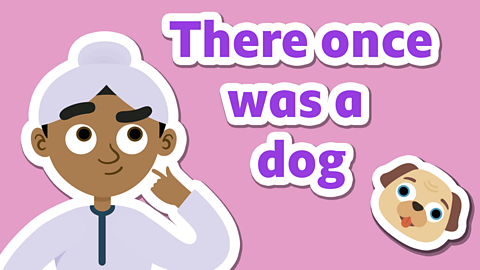Watch: Poetry
There are lots of different types of poetry, but they often contain similar ingredients.
Watch this short clip to learn about what to include when you write a poem.
Find out about the key ingredients to include in a poem.
Features of a poem
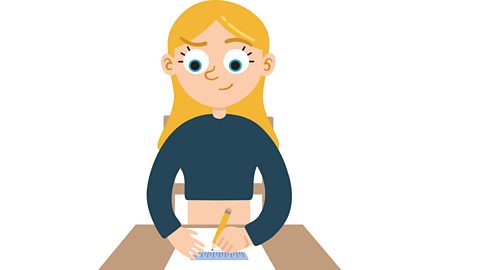
All poems are made up of words. Poems can tell a story or be about a thought or a feeling. They can be serious or silly, but they always have to use words.
A stanza is a group of two or more lines within a poem, usually separated by blank line. They sometimes look similar to a short paragraph in a piece of writing.
Poems often have a rhythm, which is like a beat in music. The rhythm is quick or slow depending on the words the poet chooses.
Poems can use rhyme, which means that certain words have similar end sounds.
For example: вҖҳB°щұрІ№°мвҖҷ and вҖҳlІ№°мұрвҖҷ ; вҖҳcІ№іЩвҖҷ and вҖҳmІ№іЩвҖҷ ; вҖҳlҙЗіЬ»евҖҷ and вҖҳp°щҙЗіЬ»евҖҷ .
Poems can also use alliteration, which is when more than one word starts with the same first letter or sound.
For example: The slimy, sneaky snake slithered silently.

Activity 1
Complete the вҖҳHow to write a poemвҖҷ quiz. Can you get all four right?
Activity 2

Read this poem:
My Shadow
By Robert Louis Stevenson
_I have a little shadow that goes in and out with me, _
And what can be the use of him is more than I can see.
He is very, very like me from the heels up to the head;
And I see him jump before me, when I jump into my bed.
The funniest thing about him is the way he likes to grow-
Not at all like proper children, which is always very slow;
For he sometimes shoots up taller like an India-rubber ball,
And he sometimes gets so little that thereвҖҷs none of him at all.
He hasnвҖҷt got a notion of how children ought to play,
And can only make a fool of me in every sort of way.
He stays so close beside me, heвҖҷs a coward you can see;
IвҖҷd think shame to stick to nursie as that shadow sticks to me!
One morning, very early, before the sun was up,
I rose and found the shining dew on every buttercup;
But my lazy little shadow, like an arrant sleepy-head,
Had stayed at home behind me and was fast asleep in bed.


What is this poem all about? Can you summarise what is said in each stanza?
Are there any unusual words in this poem? Look up any that you donвҖҷt know.
Do you think the rhythm or the poem is slow or fast? Why might this be?
Can you spot a rhyme scheme? Explain the pattern.
Can you spot any alliteration? Copy out an example.
You can check your answers with this

Activity 3

When we want to write a poem, it is always useful to use another poem to inspire us.
Read this short poem:
Who Has Seen the Wind?
By Christina Rossetti
Who has seen the wind?
Neither I nor you.
But when the leaves hang trembling,
The wind is passing through.
Who has seen the wind?
Neither you nor I.But when the trees bow down their heads,
The wind is passing by.

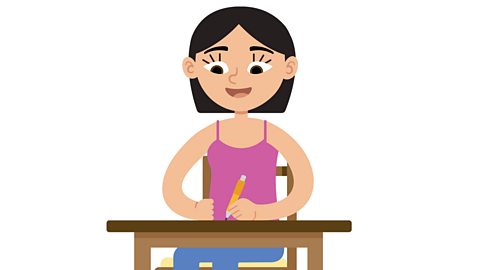
Use this poem to inspire your own short poem about nature. You could write about the wind as well, or the sun, moon, water, trees вҖ“ use your imagination!
See if you can use alliteration too!
Top tip!
You could base your poem on RossettiвҖҷs by:
- starting with a question
- using the same rhyme pattern
- repeating lines like she does
- using some of the same lines

Play our fun English game Crystal Explorers. gamePlay our fun English game Crystal Explorers
Use grammar, punctuation and spelling skills to explore jungles, caves and tombs on your mission!

More on Poems
Find out more by working through a topic
- count11 of 13

- count12 of 13
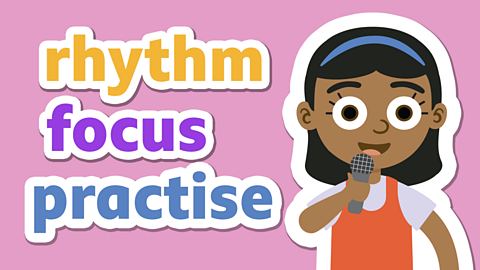
- count13 of 13
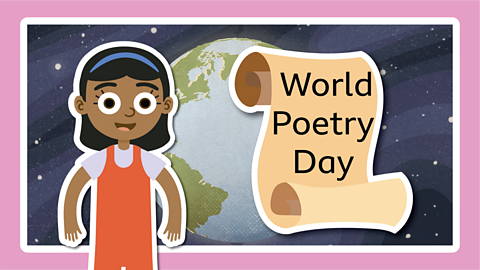
- count1 of 13
